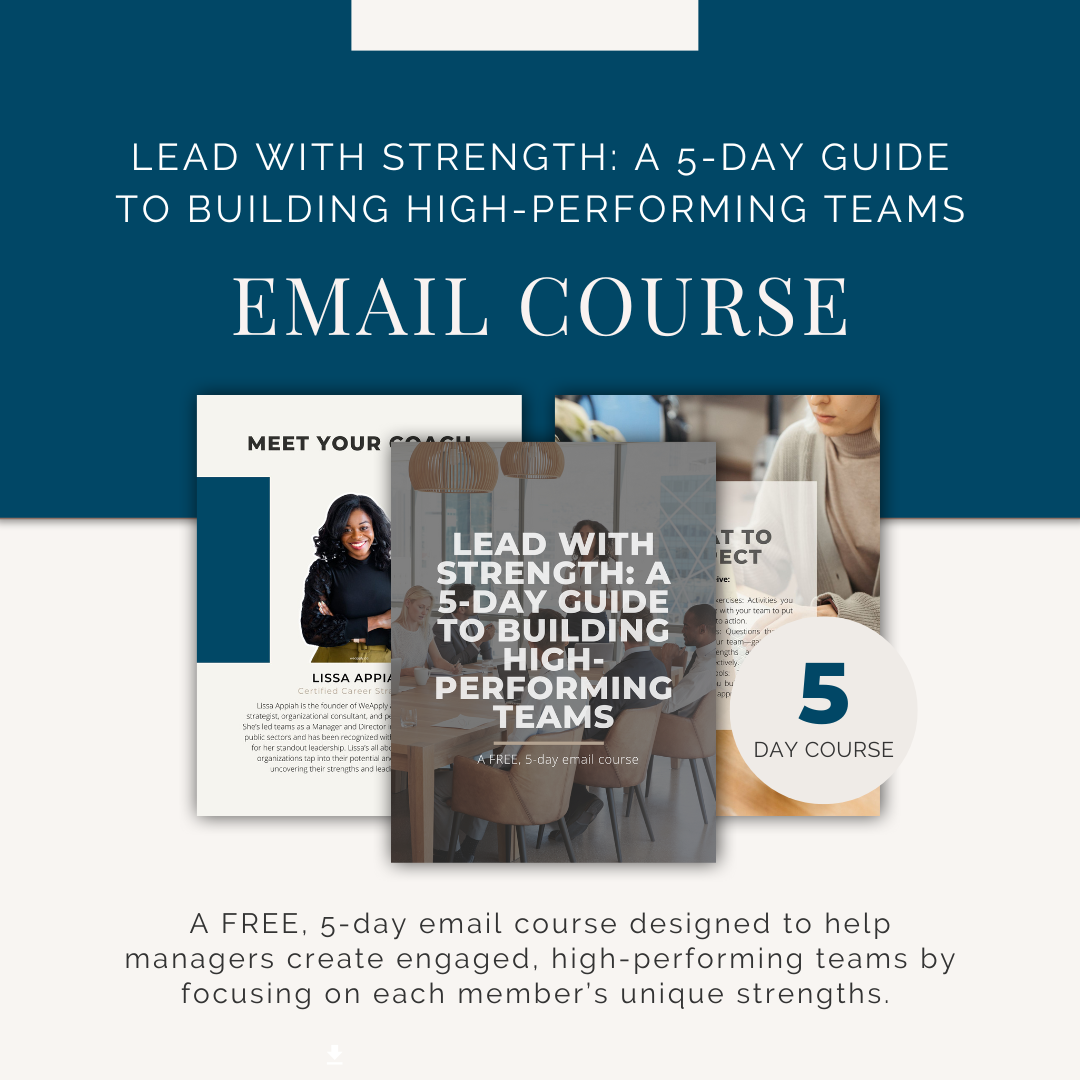You’ve been diligently applying for positions, meticulously crafting and sending out your resume, filled with hope for a response. And yet… silence. No calls. No interviews. Nothing. It’s a frustratingly common situation that many talented professionals face. You’re not alone in wondering why you’re not getting noticed. But what if the problem lies in a seemingly harmless piece of advice? What if your one-page resume is actually holding you back from landing the roles you deserve?
The truth is, many professionals struggle to translate their worth onto paper in a way that truly captures a recruiter’s attention and secures those crucial interview opportunities.
One of my executive clients, a seasoned professional with over 20 years of invaluable experience, found herself in this very predicament. She had been strongly advised to adhere strictly to the one-page resume rule. As a result, she drastically cut down her work history, removing a significant 75% of her career narrative and focusing solely on the last 5 years of her experience.
Her resume was indeed a concise one-page document, but the story it told was incomplete, lacking the depth and breadth of her capabilities.
You might be thinking, as many do, that a shorter, one-page resume is always the better choice.
However, the crucial question arises: If you’re omitting crucial chapters of your career narrative, the very experience and accomplishments that could position you as the standout candidate, is a one-page resume really worth it?
The concern is understandable: “But won’t a longer resume simply get overlooked by busy recruiters who only spend seconds scanning each document?”
The answer is a resounding “Not necessarily!” Not if it’s strategically written, powerfully structured, and effectively showcases the value you’ve consistently delivered throughout your career.
The real issue isn’t the length of your resume in and of itself; it’s whether your resume clearly and compellingly demonstrates the significant impact you’ve made across your career trajectory and whether it directly aligns with the specific requirements and expectations of the roles you’re targeting.
Here’s the fundamental truth to grasp:
Your resume is, in essence, your career’s highlight reel. It’s your opportunity to showcase your most impressive achievements and contributions. So, why would you arbitrarily cut out the winning plays that best illustrate your capabilities?
To create a resume that truly showcases your value, shift your focus to these key elements:
Quantify Your Achievements: Move beyond simply listing responsibilities. Instead, focus on the measurable impact you’ve had. Did you increase efficiency by 15%? Did you manage a team that consistently exceeded targets? Use concrete numbers and metrics to tell your career story and demonstrate your quantifiable results.
Highlight Key Skills with Context: Don’t just list skills in a skills section; demonstrate them within your work experience descriptions. Show how you used your problem-solving abilities to overcome a specific challenge or how your exceptional communication skills led to the successful completion of a complex project.
Tailor to the Role: Generic resumes get lost in the pile. Customize your resume for each job application, highlighting the specific skills, accomplishments, and experiences that directly align with the requirements and expectations outlined in the job description.
Focus on Results, Not Just Tasks: Emphasize the outcome of your work. What was the “so what?” of your responsibilities? Did you save the company money? Did you improve customer satisfaction? Did you streamline a process that led to significant cost savings?
The bottom line: It’s about quality and relevance, not arbitrary length.
Ready to finally create a resume that showcases the breadth and depth of your leadership experience and secures interviews? That’s precisely what we specialize in within our career coaching services. Book a consultation here to learn more:
For more tips on Job Search and Job Interview Tips watch here!


